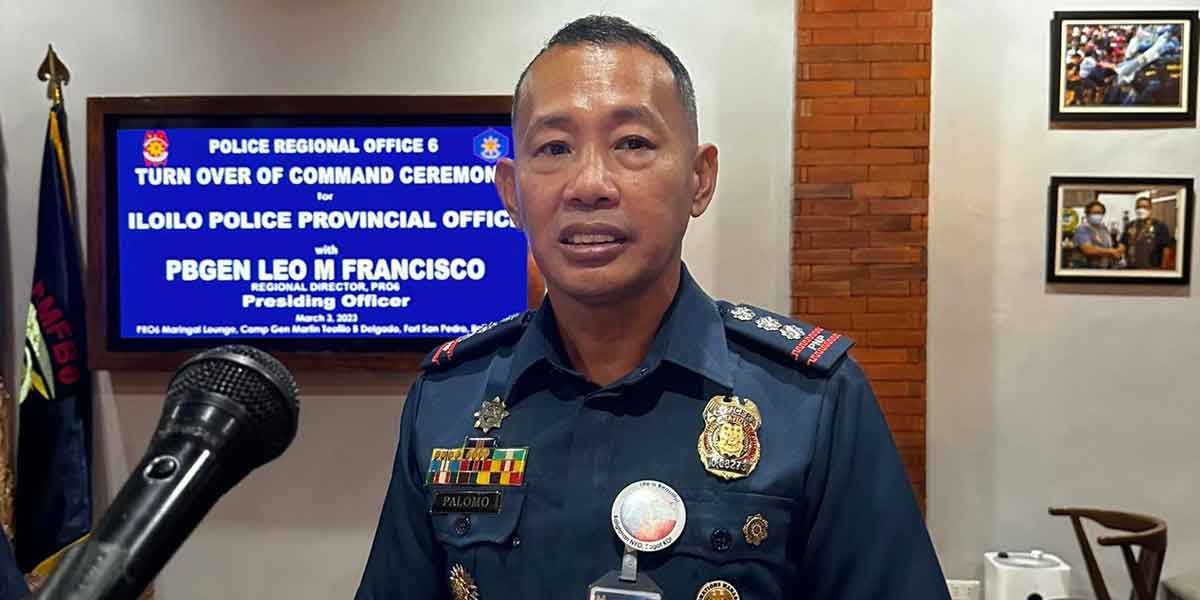
By: April Florita Bolaño
THE Coastline 5023 project of the University of the Philippines Visayas-Fisheries Technology Business Incubation (UPV-FTBI) through the support of the Department of Science and Technology-Philippine Council for Agriculture, Aquatic, and Natural Resources Research and Development (DOST-PCAARRD) was officially inaugurated on July 23, 2019 at the Multispecies Hatchery Complex, UPV in Miagao, Iloilo.
The effort aims to translate the technologies and innovations generated by UPV’s College of Fisheries and Ocean Sciences (CFOS) into product and services to the benefit of the greater society through technology-based enterprise development,
UP-Visayas was one of the recipients of the DOST-PCAARRD funded research projects for the advancement of fisheries through research and development.

Ideally, the technologies and systems generated through research projects should gear towards commercialization and to fulfill Republic Act 10055 (Philippine Technology Transfer Act of 2009).
the project serves as a dynamic interaction between the academic institutions, private sectors and the government for the promotion of technology-based enterprises.
Furthermore, it is also an avenue for potential technopreneurs primarily in the fishery sector by providing them a business enabling facility and an entrepreneurial ecosystem where they can nurture and accelerate the development of technology-based startup business at a subsidized cost and minimal business risks.
Coastline 5023 is an inspiration from the “Silicon Valley of the sea” in the US. It was named after the location of the building along the coastline then added the numbers 5023, the postal code of the Municipality of Miagao where the University is also located.
“Be a startup founder: Jumpstart your business with us” is the tagline of the business that is anchored on its main goal of fostering a culture of innovation and entrepreneurial ecosystem by providing a venue for dynamic interactions between the academe and industry through innovation events, technology fairs, business pitching and matching and industry trend talks.
“The training programs conducted and facilitated by the TBI, especially on how to make business plans, Business Model Canvass, the lectures and workshops about packaging and quality assurance, gave us intensive exposure to those topics, and in-depth knowledge which are very essential in building and in preparing our startup businesses,” said Soledad Garibay, University Researcher II and president and CEO of Algacon Aquafeeds Manufacturing (AAM) which is one of the incubatees of the project.
Since its inception in October 2017, TBI now has 14 incubatees or clients with different lines of enterprise such as Aquaculture, Post-harvest/Fish processing, Integrated Aqua-tourism, Fisheries-based Equipment, and Aquafeeds.
The project has provided them with services such as business plan creation, business coaching, company branding, packaging and labelling, site visit, technical assistance, fish processing product enrichment training, IP advice, and technical assistance for application to National Invention.
The project is now on its second year and has 6 incubatees and still accepting applicants from the University’s faculty researchers, graduate students, upper class students, alumni, prospective technopreneurs (OFWs, local investors, people’s/professional organizations/NGOs, and industry players (farmers and agricultural cooperatives, startup food companies, small and midsized food companies).
“In order to arrive on your desired destination, you need a vehicle, a driver and enough gasoline. The success of this project cannot be achieved overnight or through the work of one person alone. It requires a dynamic collaboration between the government, academe and the private sectors. The project is just a vehicle, needed someone to navigate, thus allowing our scientists, researchers, and students to bring us somewhere through their discoveries. And of course the gasoline or the important role of the government to fund this project until it reaches its stability,” said Milyn Leghid, UPV-FTBI Project Leader.
Leghid also pointed out that if the academe will give its complete collaboration and commitment to the project, to transform discoveries and knowledge into translatable benefit, will produce greater advantage to the society.
Meanwhile, President Duterte signed Republic Act 11337 on April 26, a law that provides support to startup businesses through subsidies and grants.
The law authorized the Department of Science and Technology (DOST), Department of Information and Communications Technology (DICT), and the Department of Trade and Industry (DTI) to provide subsidies to startup businesses to help cover the cost of business registration, facilities, equipment, the use of space, and other services for their operations.
The law also creates a Startup Grant Fund to be administered by the DOST, DICT, and DTI and a Startup Venture Fund under the DTI to match investments by selected investors in startups based in the Philippines.





















